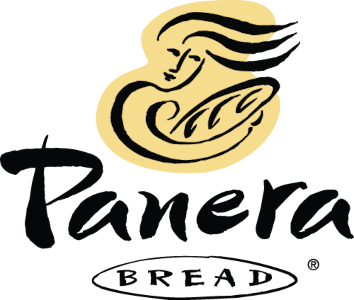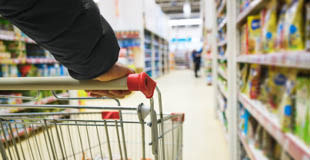Key Findings
- Panera Bread is making progress in addressing key toxic indirect food additives in food packaging. The company’s safer chemicals policy includes a beyond restricted substances list (BRSL) for food packaging that includes PFAS, bisphenols, and phthalates, and in 2020 the company switched over to PFAS-free baguette bags and eliminated PFAS in almost all to-go food packaging. The company’s safer chemicals policy also includes a ban on PVC gloves for food handling and restrictions on chemicals of high concern (CHCs) in cleaning products.
- However, the company has not publicly disclosed its complete BRSL.
Recommendations for Panera Bread
- Panera Bread can make progress by fully disclosing its BRSL and setting clear goals and timelines for fully phasing PFAS and other toxic indirect food additives out of food-contact materials.
- We urge the company to clearly apply its BRSL and policy to other food-contact materials in its supply chain beyond consumer-facing packaging and set public quantifiable goals with clear timelines to eliminate and safely replace plastics of environmental health concern (PEHCs) in its packaging. Panera Bread should also publicly disclose the alternatives used to replace CHCs and PEHCs after eliminating them.
- The company should become a signatory to the Chemical Footprint Project and pilot it with key private-label suppliers.
Grade History
How does Panera Bread compare to its competitors?
Analysis of Panera Bread
Oversight: Established management responsibilities and incentives
Disclosure: Requires suppliers to report use of chemicals in products to retailer
Action: Reduced or eliminated chemicals of high concern (CHCs) or plastics of environmental health concern (PEHCs) within the last three years
Safer Alternatives: Evaluates safer alternatives, avoids regrettable substitutes
Transparency: Demonstrates a commitment to transparency and public disclosure
Third-party Standards: Promotes credible third-party standards for safer products
Extra Credit:
Joint Announcement: Public commitment demonstrated through joint announcement
Continuous Improvement: Shows continuous improvement by steadily expanding safer chemicals policy
Collaboration: Actively participates in collaborative process to promote safer chemicals
Impact Investment: Investing financial resources into independent research into safer alternatives and/or green chemistry solutions


